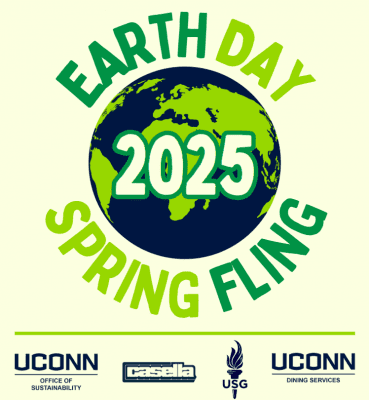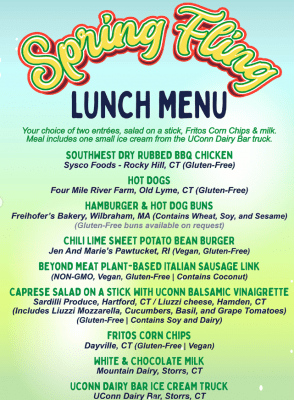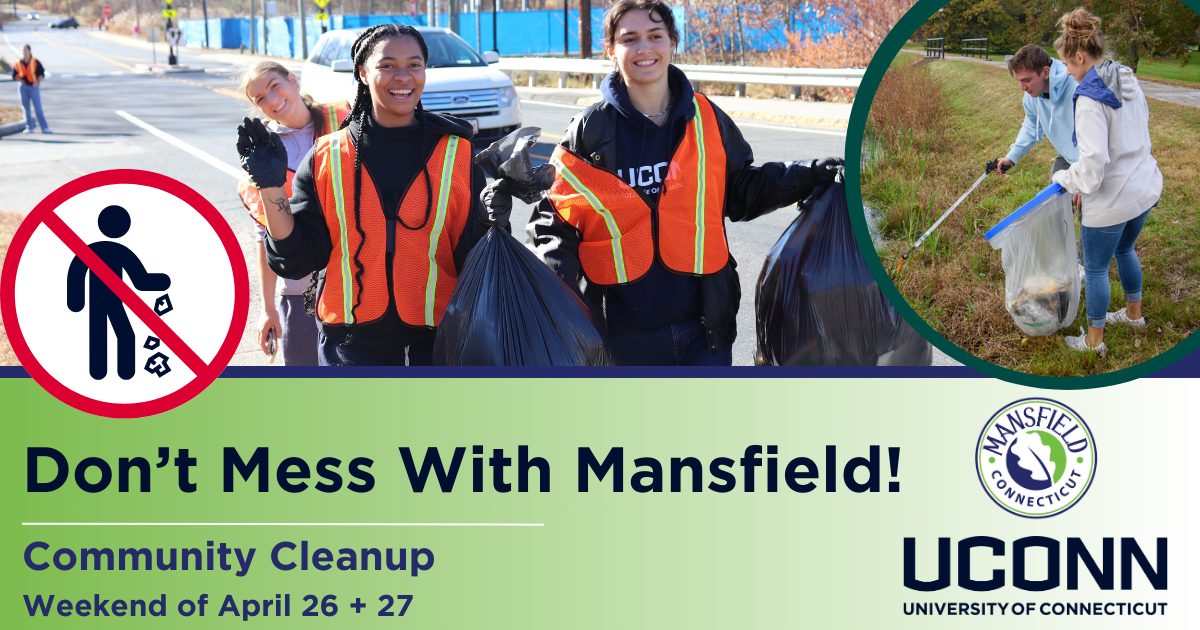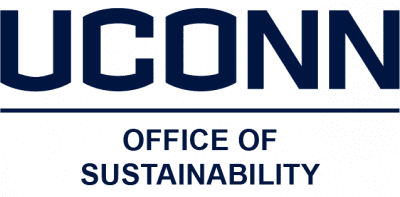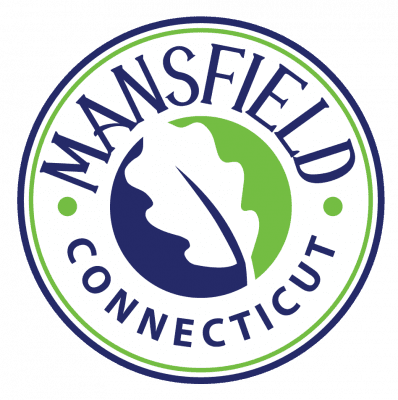Nearly all higher education institutions in the Northeast have demonstrated a commitment to sustainability, and most have an Office of Sustainability. While each university has its own unique challenges in pursuing environmental progress, many of these offices face similar issues – How do we get students prepared for green careers? What’s the most efficient way to run a move-out donation program?
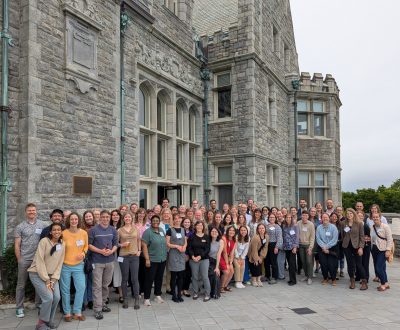
That’s where the Northeast Campus Sustainability Consortium (NECSC) comes in! The NECSC was established in 2004 to support sustainability officers in advancing progress on university campuses in the northeast and Canadian maritime region. The NECSC is an informal group, but commits to hosting an annual meeting to provide members close networking opportunities, professional development and access to the area’s vibrant sustainability practitioner community. Hosts of the annual gathering are leaders of sustainability in the region.
Following 2024’s annual summit at Southern New Hampshire University, UConn and Connecticut College agreed to co-host the event for 2025. The NECSC conference is also an opportunity to highlight the hosts’ sustainability progress and leadership regionally. UConn’s Avery Point Campus was the perfect location – not only is it a gorgeous waterfront campus, it also plays an outsize role in environmental progress for Connecticut.
In 2021, Avery Point upgraded 121 of their outdoor light fixtures with LED lights which saved 25 tons of carbon dioxide over the course of a year. The Student Center secured LEED Silver Certification in recognition of its energy efficiency in 2023. Avery Point is also home to the Connecticut Institute for Resilience and Climate Adaptation (CIRCA) and Connecticut Sea Grant which act as research hubs for climate resilience, coastal ecosystems, and aquaculture within Long Island Sound. Faculty and students are collaborating with Eversource and Orsted on a $1.25m grant to understand the impact of offshore wind projects on marine habitats, including project Starboard Wind. EcoHusky is the student-run organization that organizes yearly sustainability events for faculty and students including the Earth Day Event, supported by the Office of Sustainability in 2025. EcoHusky was also a part of securing an Environmental and Sustainability Small Grant from the Office of Sustainability in 2022 to install a solar panel and wind turbine on the sailing shed to provide independent, renewable-energy sources for campus buildings. In December of 2024, UConn entered a historical memorandum with CT’s five recognized tribes to establish Avery Point as a Native-American Serving, Nontribal Intuition (NASNTI) to reach at least 10% Native American enrollment and supporting tribal education through academics and community engagement.
Nearly 100 higher education sustainability staff and faculty members attended the NECSC summit, held June 9-11, 2025. Ranging from Maryland to Maine, attendees hailed from Ivies, state universities and private liberal arts schools. The event kicked off with a keynote address by Dr. Annemarie Seifert, Dean of UConn Avery Point, and was followed by engaging sessions on creating circular economies on campus, geothermal buildings, decarbonization communications and more.
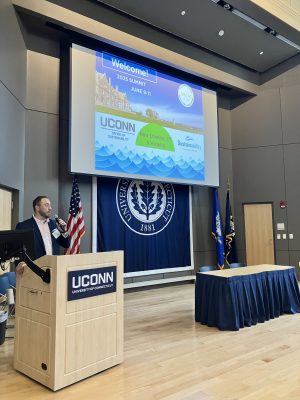
Leaders of higher ed’s preeminent sustainability networks provided global perspectives on shifting political landscapes for sustainability. Megan Fay Zahniser, Executive Director of the Association for the Advancement of Sustainability in Higher Education, and Tim Carter, President of Second Nature, urged attendees to work together and with their home communities to push for continued environmental progress.
Throughout the event, UConn Dining provided excellent food and low-waste catering. Mike White, Executive Director of UConn Dining Services, spoke about their team’s dedication to reducing food waste, using local and organic produce, and UConn’s partnership with Quantum Biopower which converts food scraps into energy. All attendees enjoyed menus featuring cheese from local farms like Cato Corner in Colchester, and greens from Full Moon Farm in Hampton.
The NECSC summit concluded with a marine biology excursion on Long Island Sound. Project Oceanology, a nonprofit marine education and research facility, took guests out on a ship to catch, record, and measure sea life from the sound. They also took the crew up the Thames River for a closer look at the offshore wind assembly pier.
“It is always uplifting to network, share stories, insights, and best practices as we work to collectively make a larger impact on the planet and in the lives of students,” shares Patrick McKee, Director of the UConn Office of Sustainability. “It was a pleasure co-hosting the NECSC Summit at UConn Avery Point, and we look forward to visiting Rutgers in 2026.”
To learn more about NECSC and join the mailing list, click here.
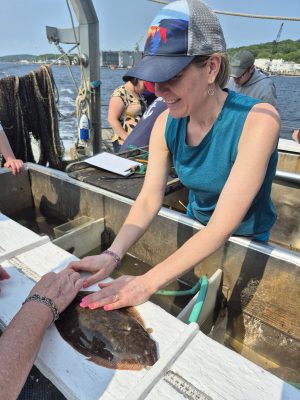
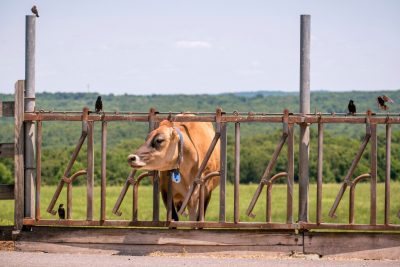
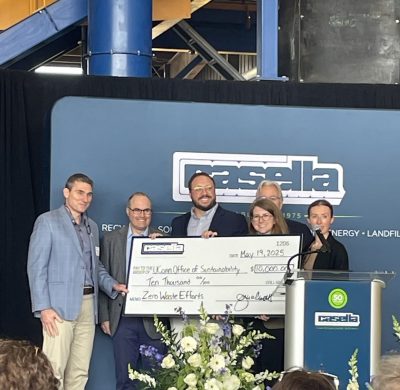
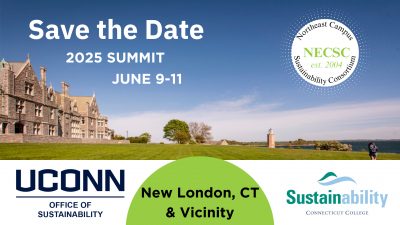
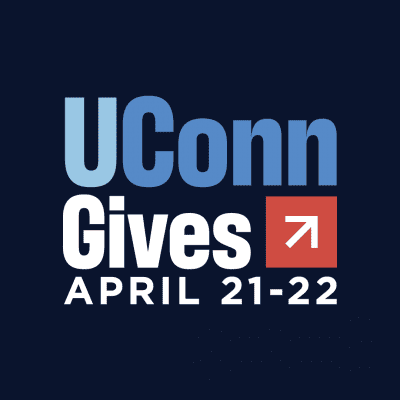 UConn Gives
UConn Gives